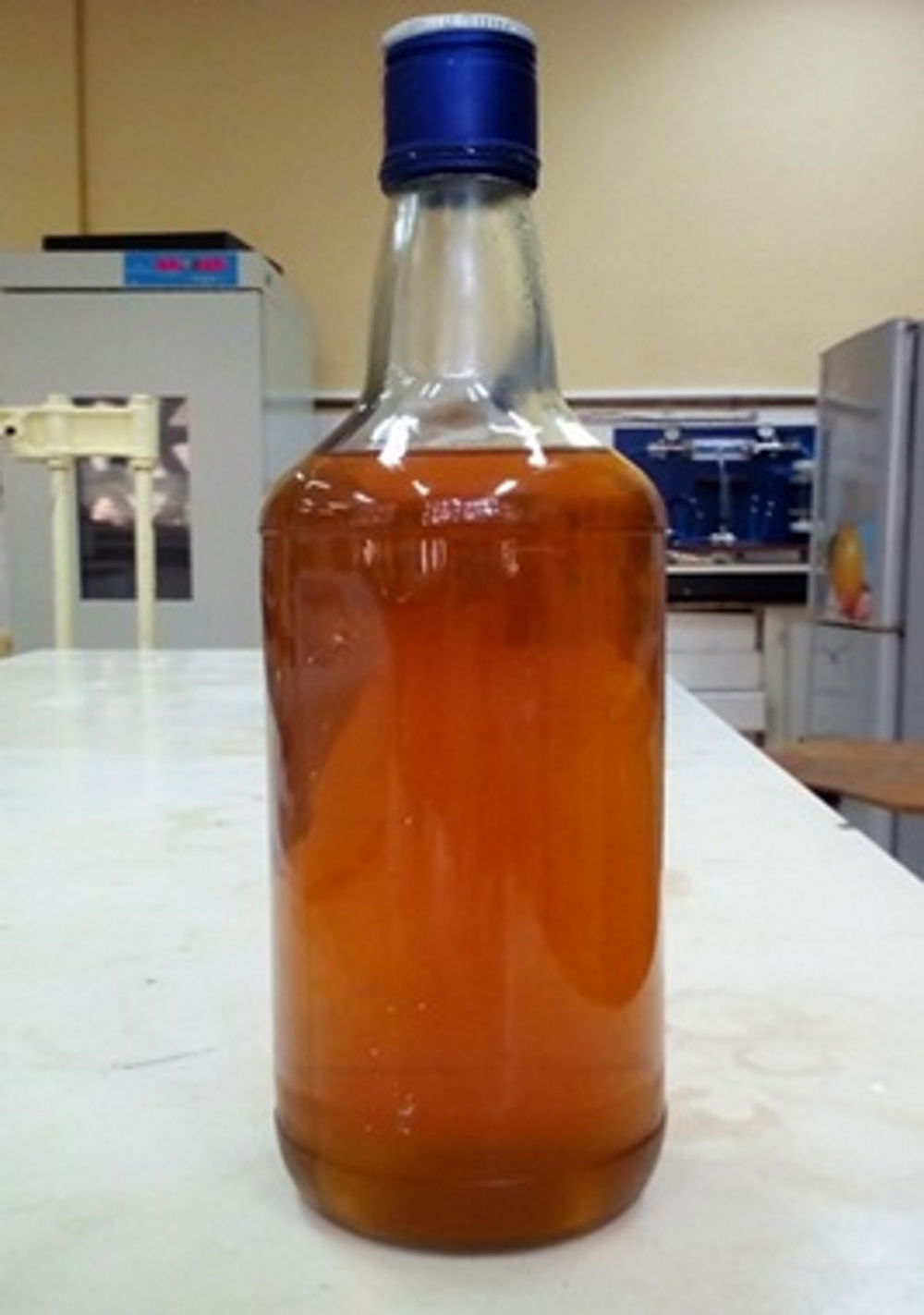Optimization of the Juice Extraction Process and Investigation on Must Fermentation of Overripe Giant Horn Plantains (2017)

Abstract: The study was initiated to optimize the enzymatic extraction process of plantain pulp using response surface methodology. Weight loss of plantain decreased until it became stable at an over-ripe stage. The significant regression model describing the changes of extraction yield and Brix with respect to hydrolysis parameters was established. Temperature contributed to reducing the yield from 53.52% down to 49.43%, and the dilution factor increased the yield from 53.52% to 92.97%. On the contrary, the dilution factor significantly reduced Brix from 21.74 ºBx down to 0.15 ºBx, while the enzyme concentration increased Brix from 21.73 ºBx to 26.16 ºBx. The optimum conditions for juice extraction from plantain pulp were: temperature: 25 ºC; enzyme concentration: 5%; dilution ratio: 1.10; and extraction time: 24 h. The implementation of these conditions led to (resulted in obtaining) obtaining a must yield of more than 70% and Brix between 10 ºBx and 15 ºBx. The total polyphenols and flavonoids were 7.70 ± 0.99 mg GAE /100 g and 0.4 ± 0.01 µg rutin/g for must and 17.01 ± 0.34 mg GAE/100 g and 4 ± 0.12 µg rutin/g and 7.70 ± 0.99 for wine, indicated the presence of antioxidant activity in the produced wine. On the other hand, the total soluble solids were between 16.06 ± 0.58 ºBx and 1.5 ± 0.10 ºBx, which permitted obtaining a wine with low alcohol content.


